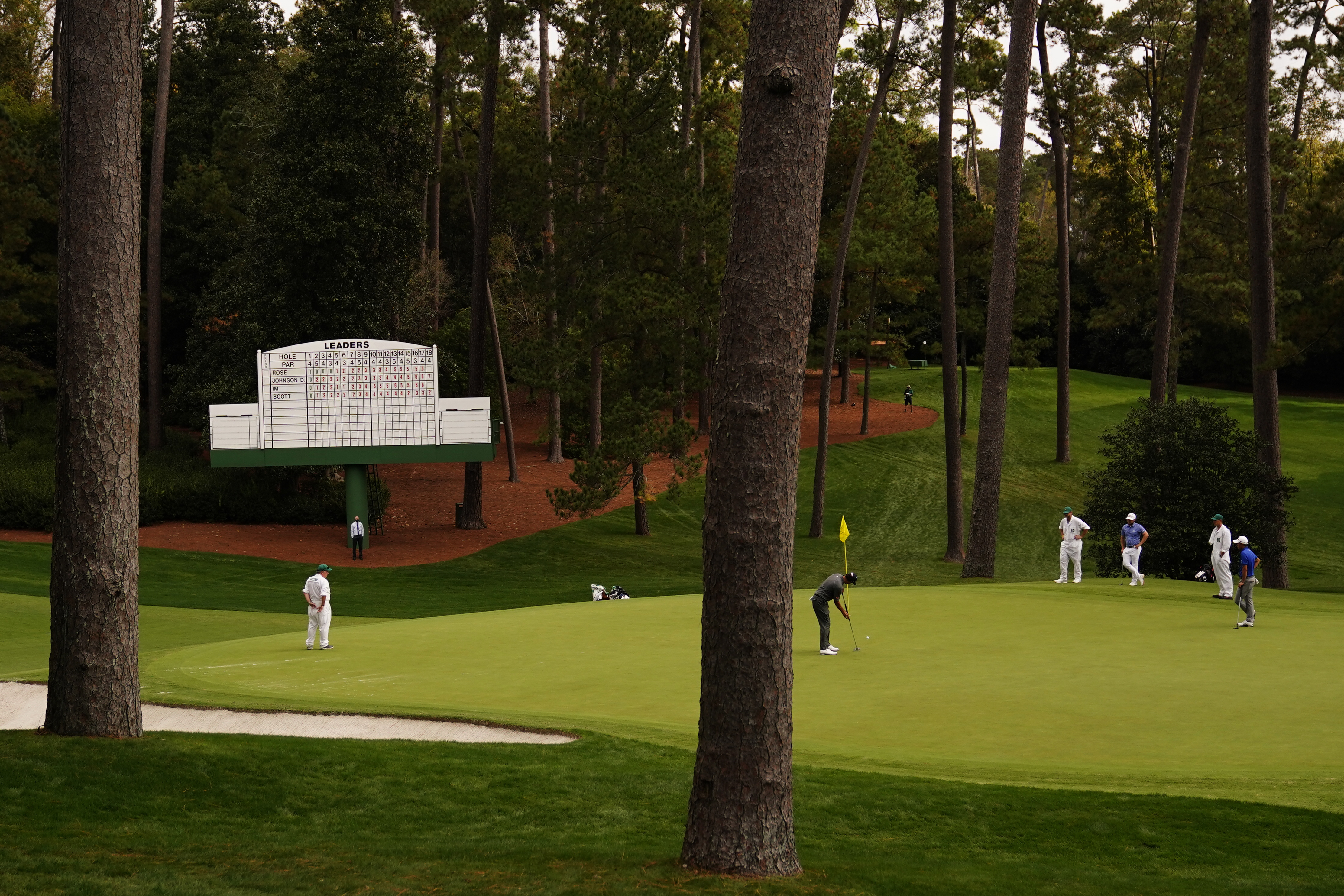Why losing the Europa League final might actually be best for Liverpool
There’s a significant trinket up for grabs and Champions League football too, writes Alex Hess – but Sevilla might well do the Reds a greater long-term favour by winning in Basel…
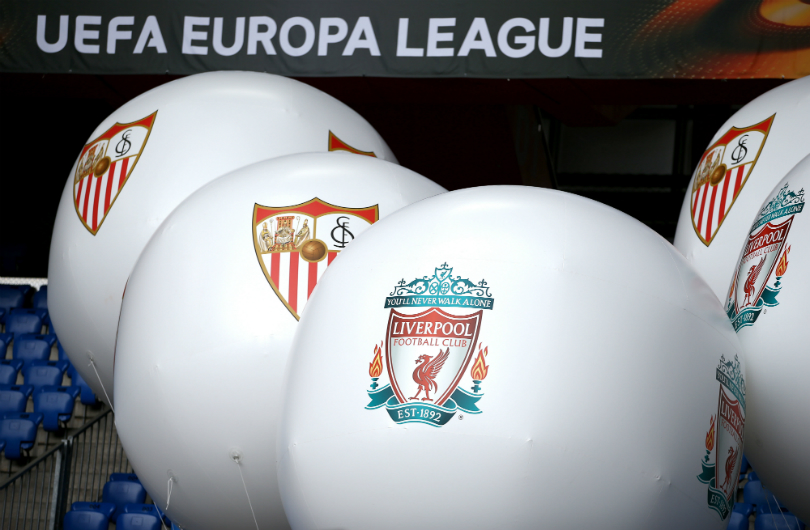
The game, as Danny Blanchflower said, is about glory. Blanchflower didn't add that his sentiment applies doubly on occasions like a European Cup final, but then it kind of goes without saying.
It's unlikely that many of Liverpool's fans, players or coaching staff will have thought about much other than glory since touching down on Swiss soil ahead of Wednesday’s Europa League final against Sevilla.
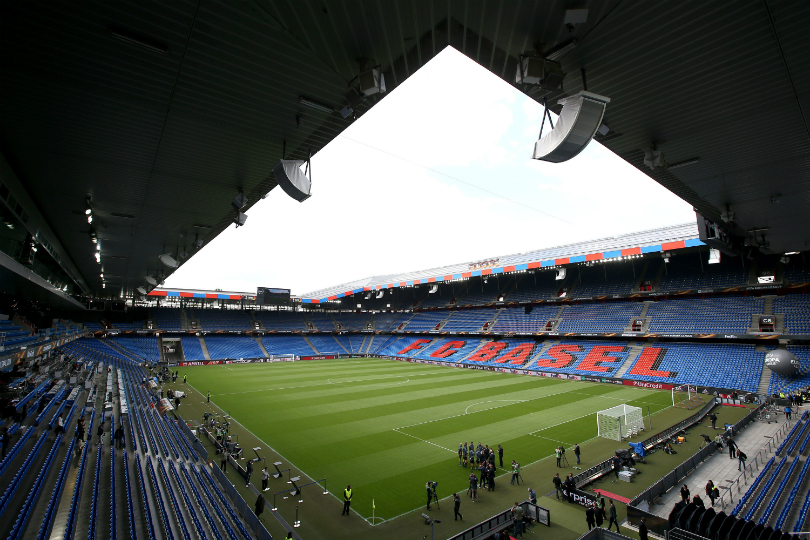
Certainly, the idea that Liverpool could directly benefit from losing out on the trophy will be seen as heresy within a club that prides itself on its substantial collection of silverware – not least when the trophy comes with the considerable addendum of a ticket to next season’s Champions League, something that would single-handedly salvage a desperately mediocre league campaign.
And yet, look closely, and those benefits might just be there, staring everyone in the face.
Short-term gains
Diego Costa, Henrikh Mkhitaryan and Willian are just three targets to have declined employment on Merseyside in favour of rubbing shoulders with the continent's crème de la crème each midweek
But first, the common wisdom. Europa League glory, and the resultant promise of Champions League football, would not only boost Liverpool back among Europe’s elite but also provide substantial enticement for any prospective recruits – especially ones of the calibre to elevate also-rans into hard-nosed competitors. Why else would Marco Reus, for instance, join England’s eighth-best team?
It's an incentive that’s regularly incensed Liverpool in recent years: Diego Costa, Henrikh Mkhitaryan and Willian are just three targets to have declined employment on Merseyside in favour of rubbing shoulders with the continent's crème de la crème each midweek.
Get FourFourTwo Newsletter
The best features, fun and footballing quizzes, straight to your inbox every week.
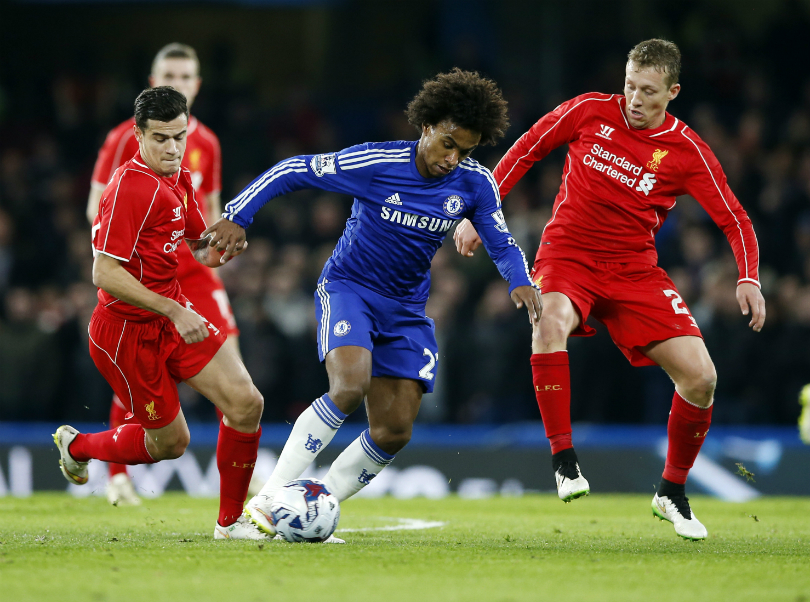
Similarly, the cash that would land in Liverpool's coffers from UEFA’s broadcasters and prize money fund (Juventus earned themselves €89m en route to last year’s final) isn’t to be sniffed at.
The bigger picture
The extra football could certainly harm his players, though. In fact, it already has
But while players may be lured to Liverpool by the Champions League, the inverse is also true: the current squad has precisely no in-demand superstars for whom another season outside of the competition would prove too much to bear. In short, while Champions League qualification could help Klopp's squad, a lack of it would not harm it.
The extra football could certainly harm his players, though. In fact, it already has – witness the farcical epidemic of injuries that followed the manager’s arrival. The German’s dogged, frenetic playing style can blow opponents away, but it often means collateral damage among his own troops, too.
Liverpool's injury chaos is because rigid ‘teacher’ Klopp failed to adapt his approach to the specific circumstances 9 January 2016
It's not just rest and recuperation, though, for which a week-long break between fixtures is good for (although when your star man has hamstrings as delicate as Daniel Sturridge's, it certainly plays a part).
Klopp has already shown himself to be a dab hand on the training ground – note the sharp upturns in Adam Lallana, Divock Origi and Dejan Lovren since he's arrived – and so to be granted a week of uninterrupted bibs-and-cones work between league games may well see such improvements become steeper still.
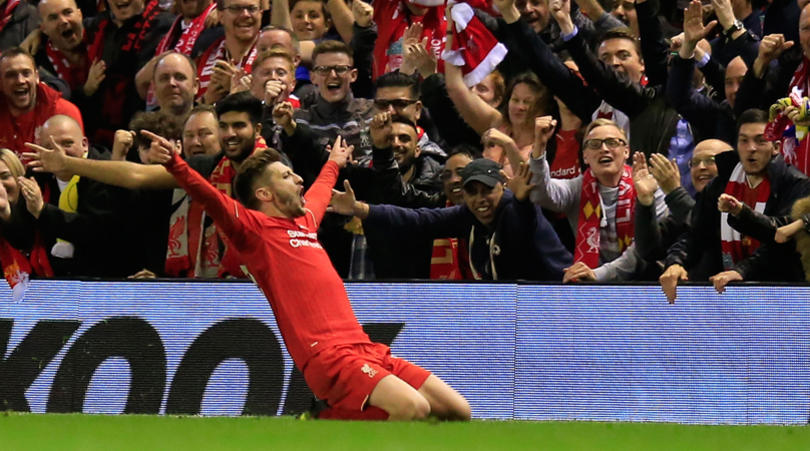
Klopp's methods depend on his players' ability to comprehend and carry out what is, to use Liam Neeson parlance, a very particular set of skills. His tactical blueprint is arguably more demanding than most, hinging as it does on his players recognising 'pressing triggers', being able to compress space as a unit, and then marauding forward as quickly and as dangerously as possible – all en masse and in sync. Such coordinated strategies can only benefit from training-ground practice.
Two years: a long time
But in practical terms, Liverpool’s 2013/14 campaign was notable for its near-total lack of commitments beyond league fixtures
It’s worth remembering, too, the conditions that brought about Liverpool's last title charge. Yes, there was the elevatory stardust of Luis Suarez, and the gladiatorial presence of a fleetingly revitalised Steven Gerrard.
But in practical terms, Liverpool’s 2013/14 campaign was notable for its near-total lack of commitments beyond league fixtures: the previous year's seventh-place finish saw the club limbo underneath the Europa League spots, and Brendan Rodgers' men hot-footed it out of both domestics cups by the fifth round.
The glorious goal-blitz with which Liverpool stormed the league over that second half-season (once the cups were done with), led by the free-scoring Suarez-Sturridge-Sterling triumvirate, is often looked back on as a kind of inexplicable, unrepeatable marvel; a team of tyros surfing an intangible tidal wave of exuberance all the way to the final stretch.
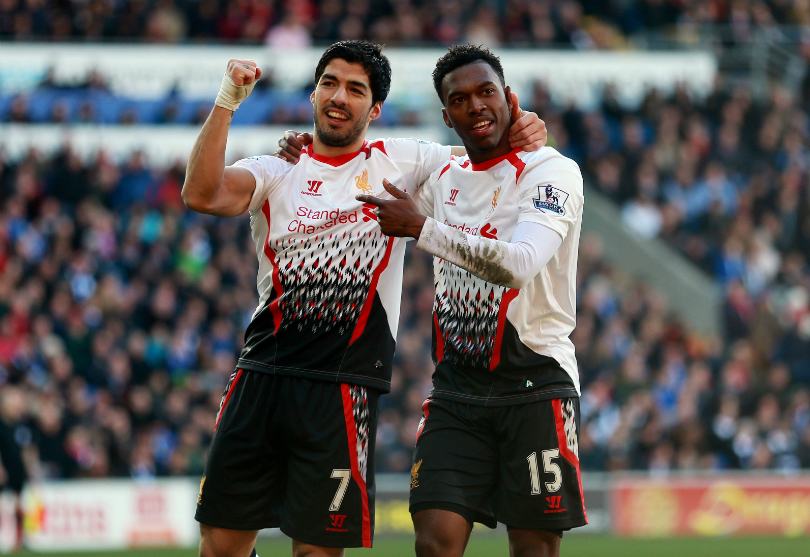
But exuberance, spontaneous as it might appear, comes a lot easier after a full week's training – just ask the current Leicester squad.
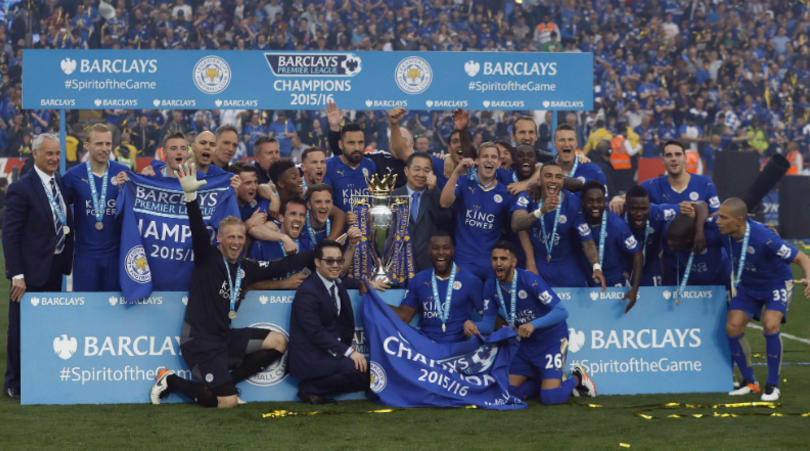
Claudio Ranieri's men, along with Mauricio Pochettino's and Diego Simeone's, have helped drum home the overriding theme of this season: that the sport’s moneyed giants can be felled by hard-running, high-aggression sides that exceed the sum of their parts.
It’s a notion that Klopp, football’s self-styled underdog, fully buys into. That he espouses a similar high-energy, counter-attacking game to the above teams adds weight to the theory that extra hours on the training ground would be of disproportionate value to his side.
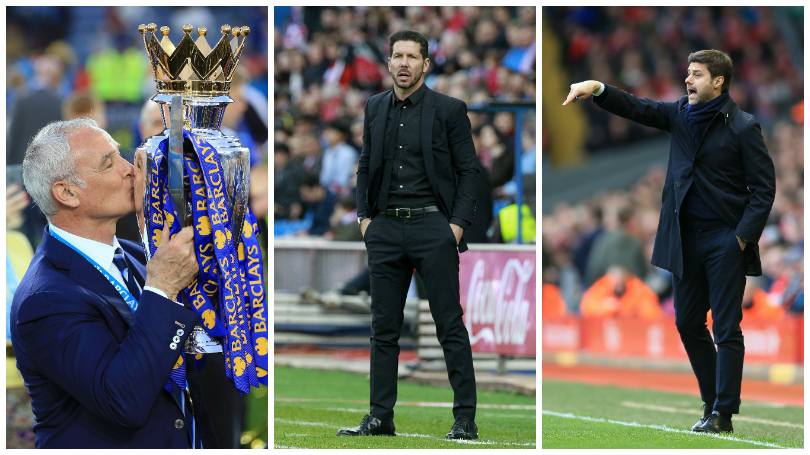
Add to the equation the fact that the rebuilding job required by Klopp is not perhaps as colossal as many seem to think: a couple of well-considered embellishments to a squad that already boasts the most elusive of figures – a world-class centre-forward – alongside the continued improvement of what’s already there, and who’s to say a title charge (if that’s all there is to concentrate on) couldn’t be viable with a solid pre-season under the belt?
Look long
Champions League qualification, while it might lure one or two high-pedigree players, will not suddenly bestow Liverpool with a glut of galacticos; either way, next season’s squad will look rather similar to this season’s.
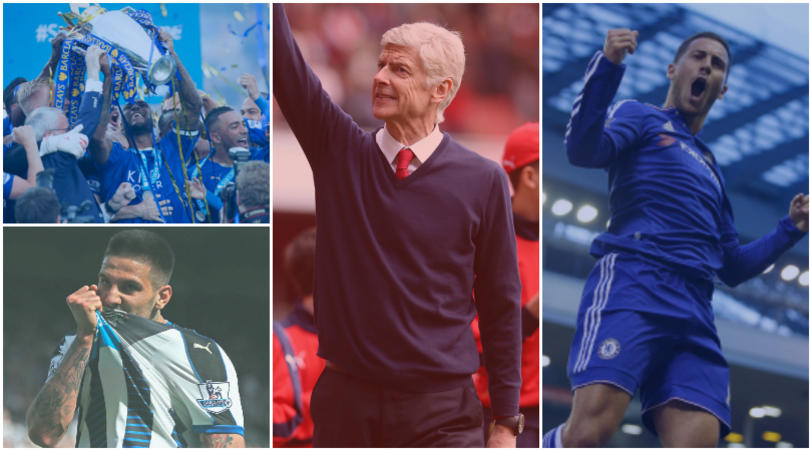
And as this term’s league position shows, spreading resources thinly enough to compete in Europe means results can end up being spread pretty thinly too, with outrage-inducing team selections like Rodgers' perceived surrender in the Bernabeu being the alternative.
All this is admittedly academic for now. Liverpool head to Basel fully imbued with Blanchflower’s mantra: glory will be the only thing on their minds, as indeed it should. But painting the result as a pivotal moment in Klopp’s project is at odds with the recent experiences of a club whose best season in years came without the competition, and whose one recent campaign in it was an abject disaster.
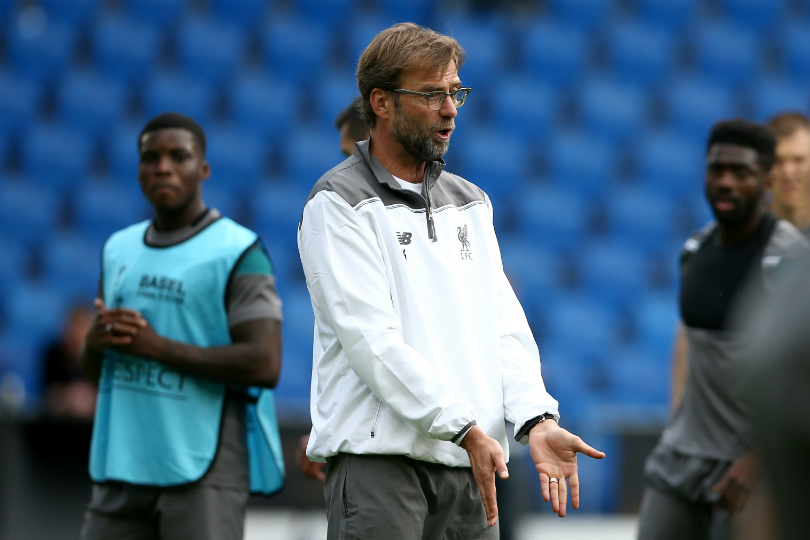
Of course, Liverpool is a club than prides itself on its European trophies. But at its heart is a deep longing for the domestic title – and the strange truth is that missing out on the former could perhaps give them their best shot at the latter.
